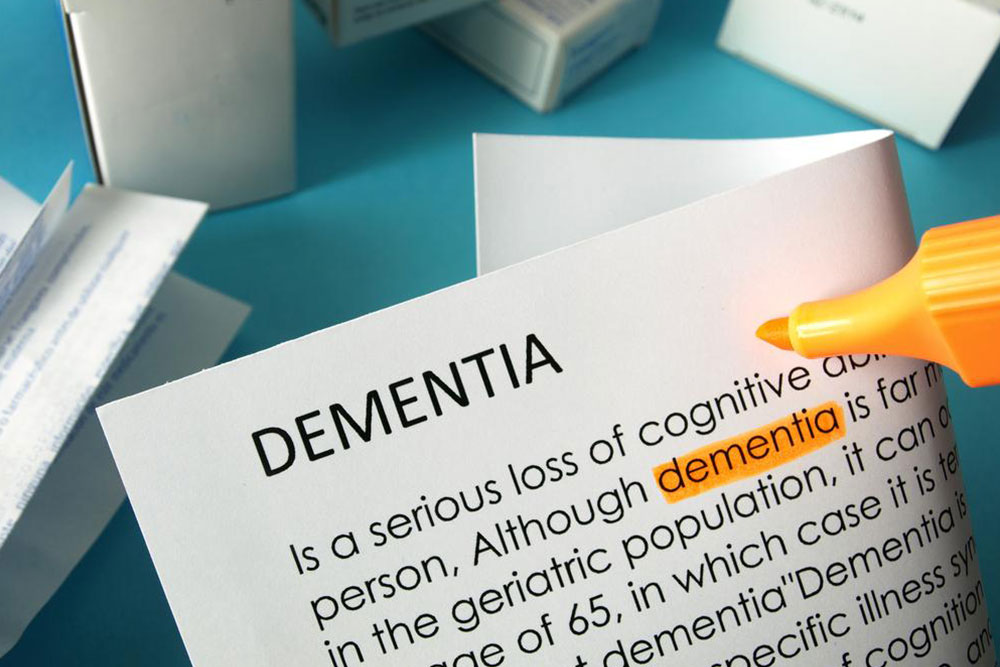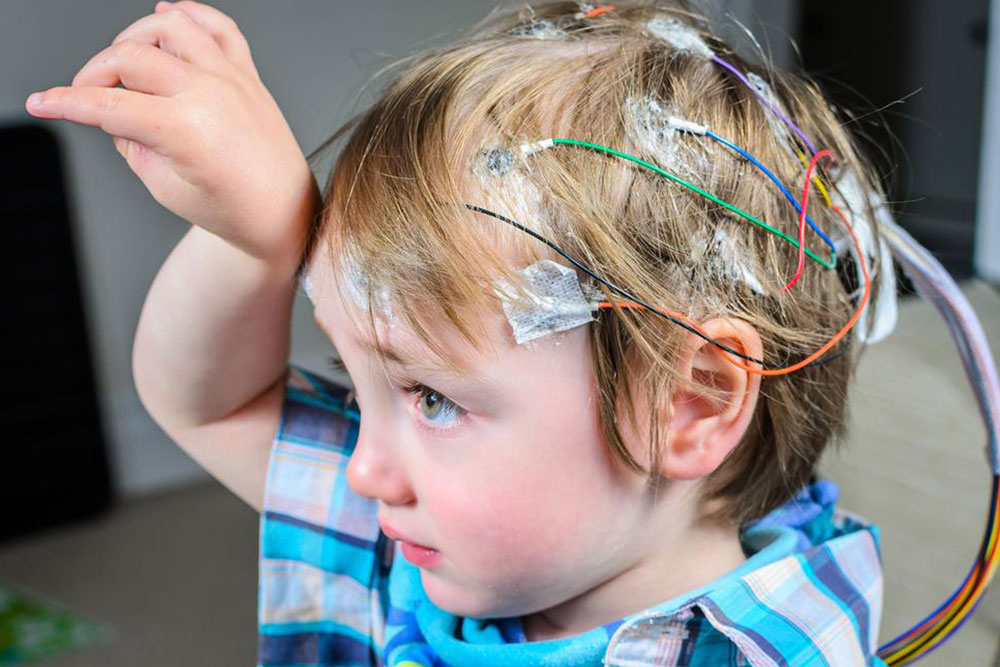7 Warning Signs of Early Dementia You Should Recognize
Early signs of dementia include memory loss, mood swings, disinterest, confusion, navigation issues, and repetitive behaviors. Recognizing these symptoms promptly can lead to early intervention, helping manage the disease better. While there's no cure, timely diagnosis offers options to slow its progression and improve quality of life. Be vigilant for these warning signs in yourself or loved ones for early help and support.

7 Warning Signs of Early Dementia You Should Recognize
Dementia refers to a group of symptoms affecting brain function, rather than a single disease. Common forms include Alzheimer’s, vascular dementia, and Huntington’s. It impacts thinking, memory, and decision-making, often leaving individuals dependent on others. While no cure exists, early detection and treatment can slow progression. Recognizing early indicators is essential for timely help. Symptoms to watch for include memory issues, mood changes, disinterest, confusion, spatial disorientation, and repetitive behaviors. Early diagnosis provides better management options.
Memory Challenges
Forgetting recent events or where objects are placed becomes frequent, while long-term memories may remain intact for some time.
Emotional and Behavioral Changes
Early dementia might cause personality shifts, such as sudden mood swings or signs of depression. Changes from introverted to outgoing behaviors may also occur but are subtle and hard to notice.
Lack of Interest
Those in early stages may lose enjoyment in hobbies, social interactions, and routine activities, often withdrawing from friends and family.
Struggling with Tasks
Difficulty focusing and completing simple tasks like managing finances or following a recipe can be signs of early dementia. Learning new skills may also become harder.
Disorientation
People might forget familiar faces, struggle to find words, or misplace items often. This confusion can lead to frustration.
Navigation Difficulties
Forgetting routes, getting lost in known places, or struggling to recognize landmarks can indicate early cognitive decline. Directions may become confusing.
Repetitive Behavior
Repetition of actions, questions, or words, or obsessive collecting, can occur due to memory lapses and confusion.
Note:
Our blog offers practical insights across various topics. The information is sourced from research and may not be definitive. We do not accept responsibility for discrepancies or inaccuracies. Readers should consult healthcare professionals for diagnosis and treatment options. Some offers or schemes mentioned might differ from other sources.










